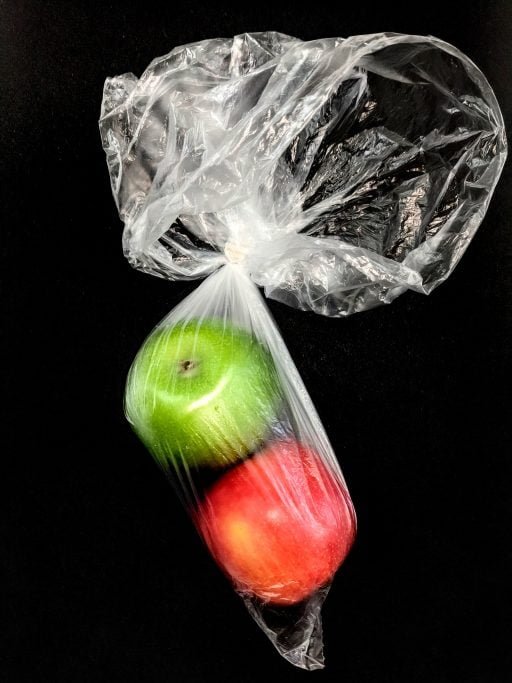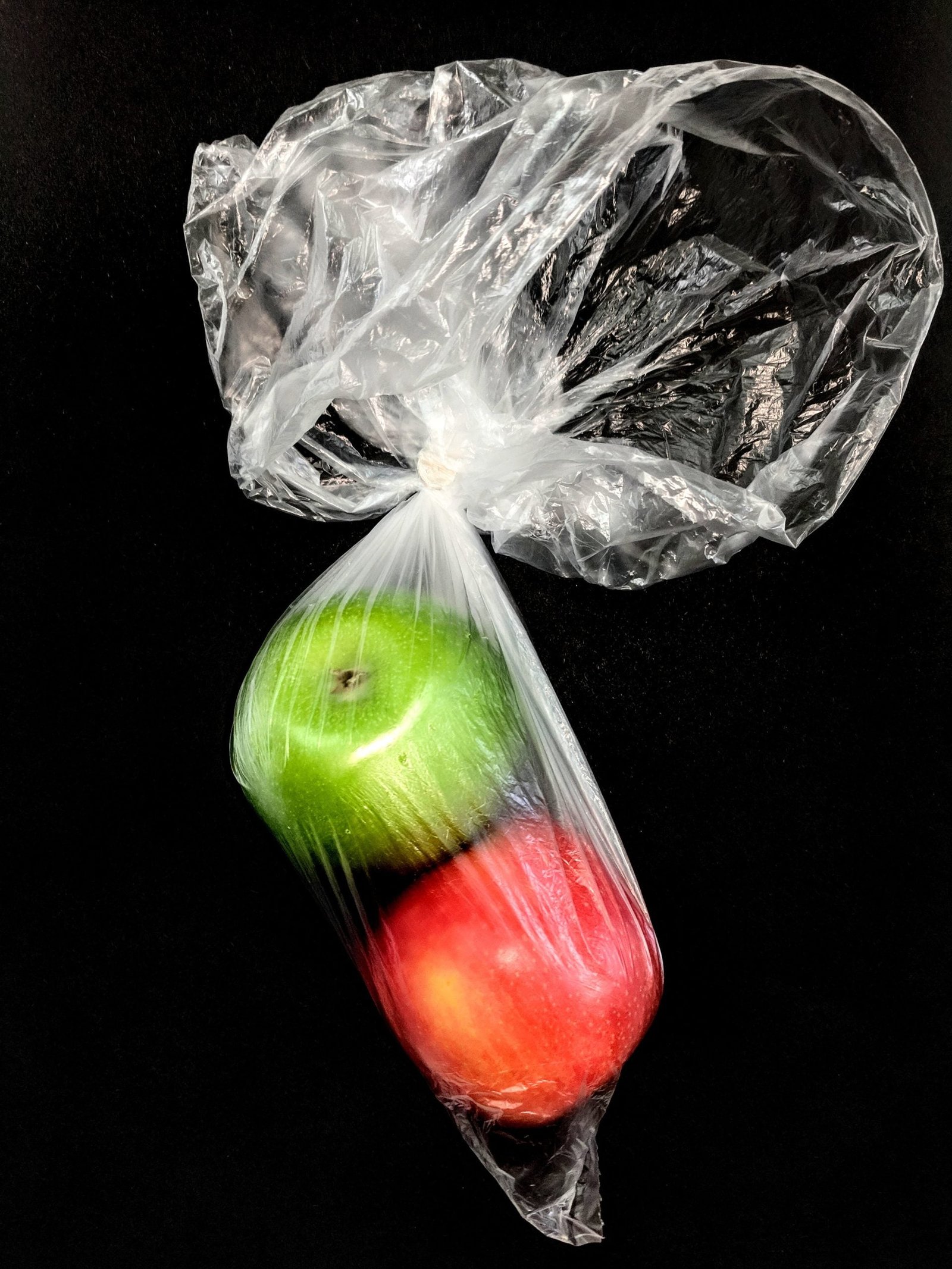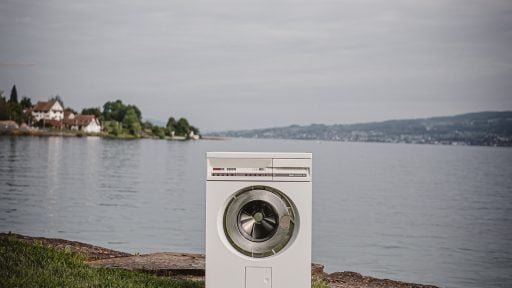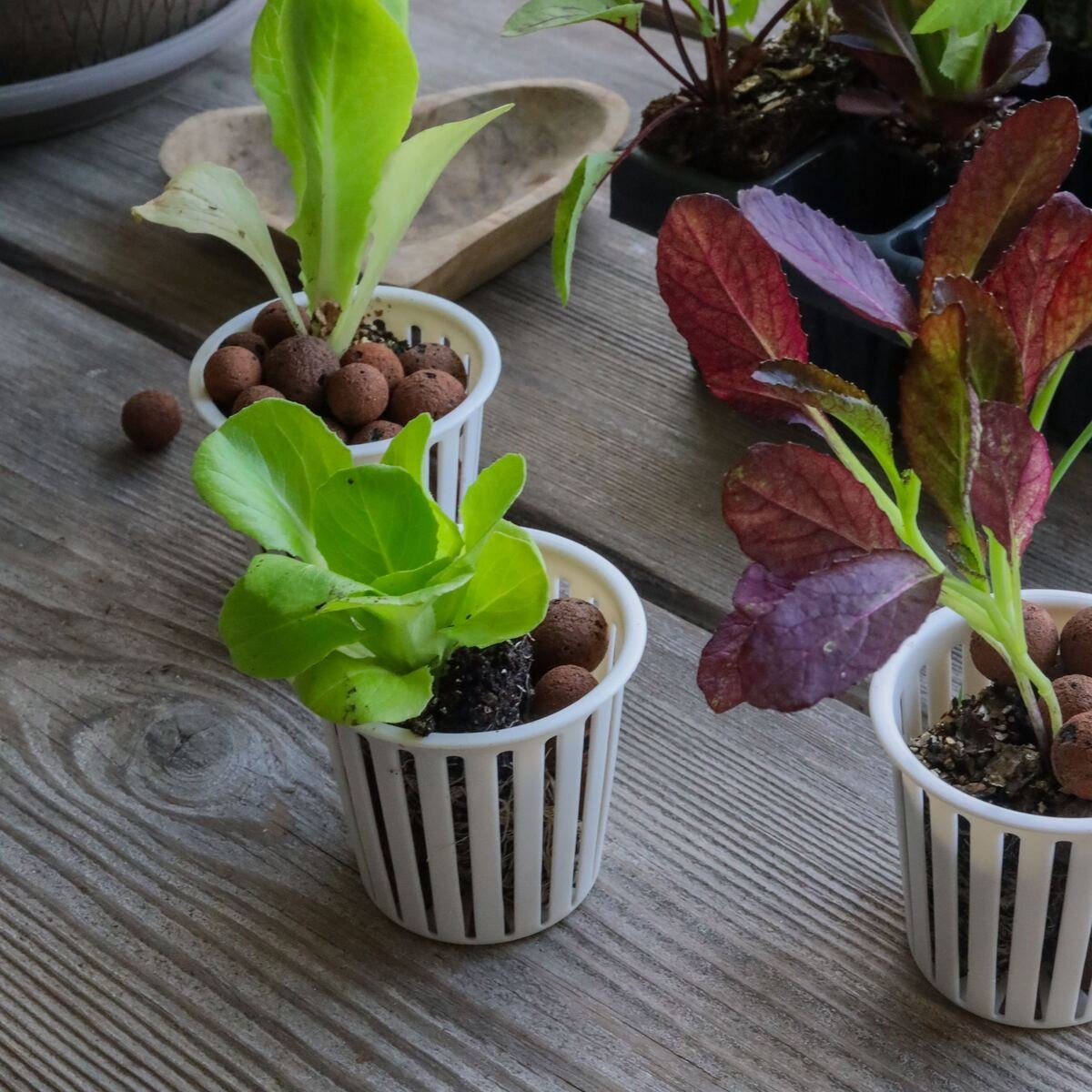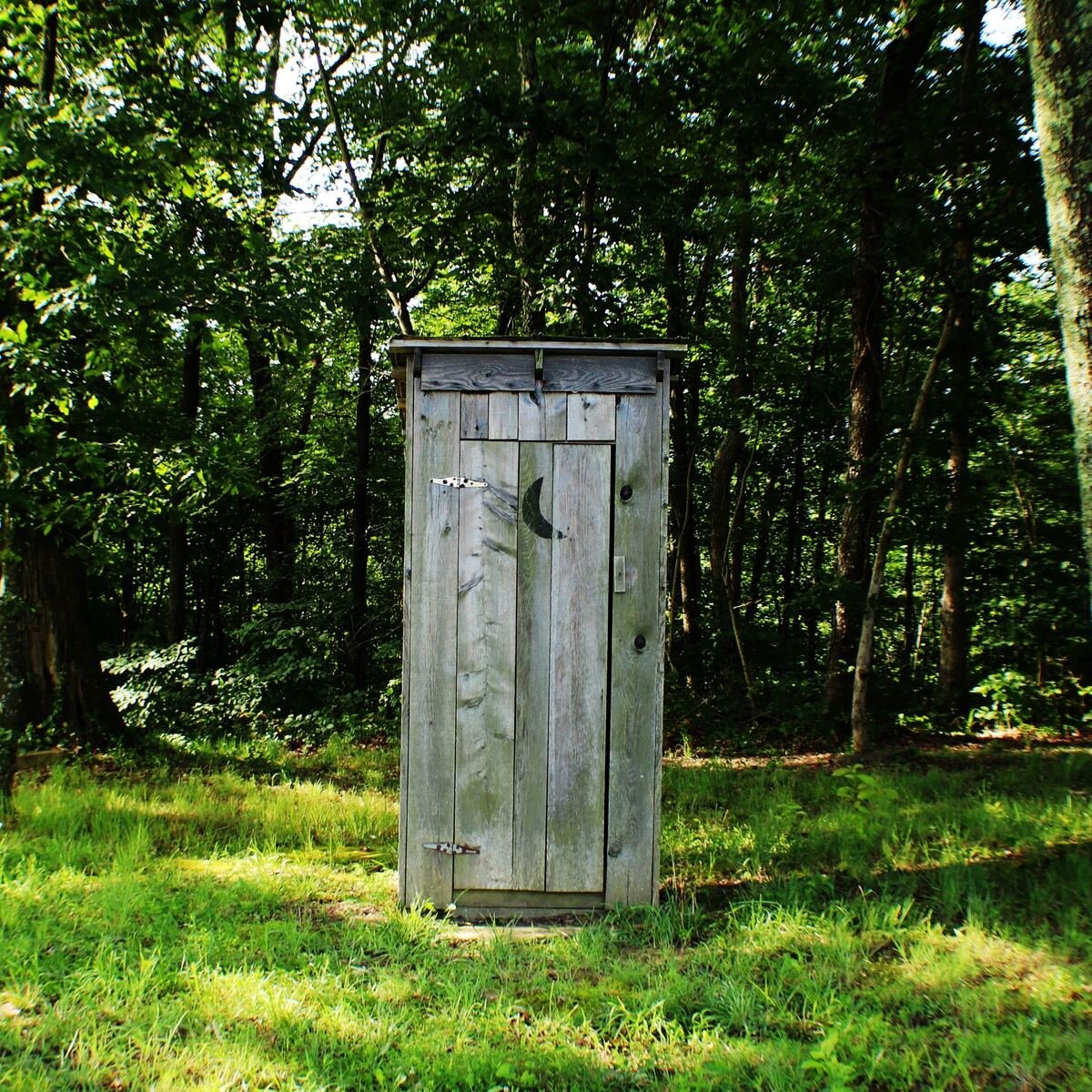In the quest for sustainable living, reducing our reliance on single-use plastics and non-renewable resources is crucial. Plastic wrap and aluminum foil, commonly used for food storage, pose significant environmental challenges due to their disposable nature and energy-intensive production processes. Fortunately, several eco-friendly alternatives are not only less wasteful but also functional and aesthetically pleasing.
Beeswax-impregnated fabric is one of the most popular alternatives to plastic wrap. Made by infusing cotton fabric with a mixture of beeswax, resin, and oil, these wraps are flexible, reusable, and biodegradable. They can be used to cover bowls, wrap sandwiches, or store leftovers. The warmth of your hands helps mold the wrap over the container, creating a seal that keeps food fresh. Beeswax wraps are washable and can last for up to a year with proper care.
Another great alternative is silicone lids and bags. Silicone, a durable and flexible material, can withstand high and low temperatures, making it ideal for food storage. Silicone lids can stretch to fit over bowls and containers of various sizes, creating an airtight seal. Similarly, silicone bags are perfect for storing or freezing food. They are reusable, easy to clean, and don’t leach chemicals into food, addressing health concerns often associated with plastics.
Glass containers with lids are a timeless solution. Glass is free from chemicals found in plastics, easy to clean, and can go from the fridge to the microwave or oven without any issues. While they can be heavier and more fragile, their longevity and versatility make them a valuable investment for environmentally conscious consumers.
Fabric bowl covers are another sustainable option, made from cotton, and come with elastic edges to fit snugly over various container sizes. These covers are perfect for short-term storage and keeping insects away from food during outdoor dining. They are machine washable and can be made at home as a DIY project, offering a personalized touch to your kitchen.
Lastly, parchment paper, particularly the unbleached, compostable kind, is a suitable alternative for tasks where aluminum foil is commonly used, like lining baking sheets. While it is disposable, its biodegradable nature makes it a more eco-friendly choice than aluminum foil.
Incorporating these alternatives into your kitchen routine not only helps in reducing waste but also supports sustainable practices. As we become more conscious of our environmental impact, simple switches like these in our daily lives can contribute significantly to preserving our planet for future generations.
Products
[amazon box=”B016ULWZ0A”]
As an Amazon Associate Sufficient.ai earns a commission from qualifying purchases.
